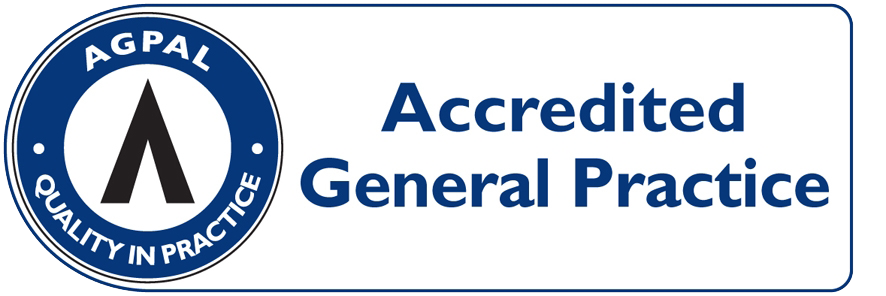Skin and Mole Treatment – One Point Medical
As Australia has the highest incidence of skin cancer in the world, skin checks are essential for those who wish to take a proactive approach to their health.
To reduce the impact of skin cancer, early detection of skin cancer is necessary. This can be achieved with regular skin self examination complimented by a professional skin check carried out by your GP


